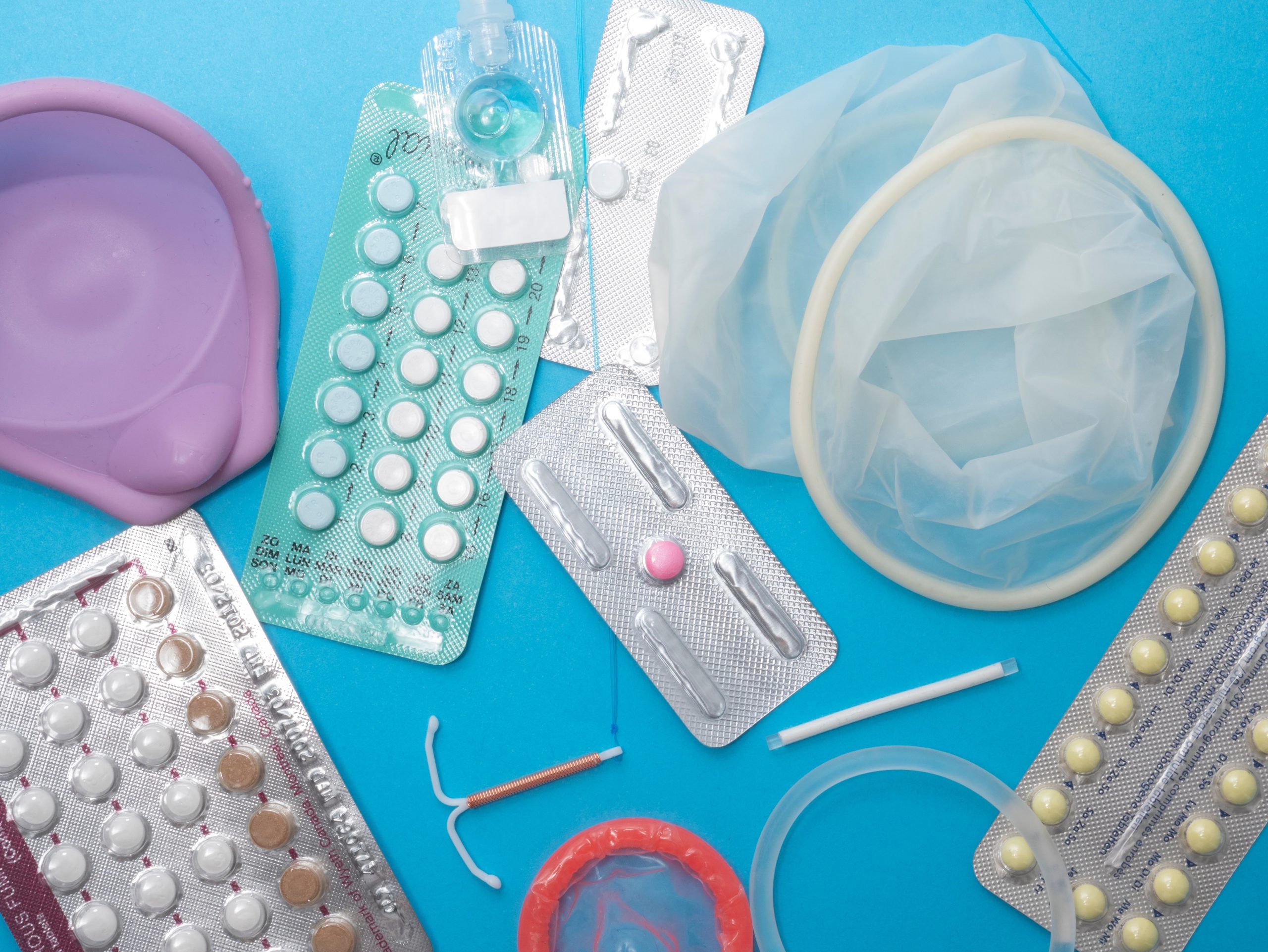
Making the decision to start using contraception can be a big one, especially for young people. There are many different options available, and it can be hard to know which one is right for you. Here is a brief overview of some of the most common contraceptive options for young people:
Combined oral contraceptives (COCs): COCs are a combination of estrogen and progestin hormones that work to prevent ovulation. They are one of the most effective forms of contraception, with a failure rate of less than 1%. COCs can also have other benefits, such as regulating menstrual cycles and reducing the risk of ovarian cysts and endometrial cancer.
Progestin-only pills (POPs): POPs are a type of oral contraceptive that only contains the progestin hormone. They are less effective than COCs, with a failure rate of about 3%. However, POPs are a good option for women who cannot take estrogen, such as those who are breastfeeding or have a history of blood clots.
Depo-Provera (DMPA): DMPA is a long-acting injectable contraceptive that is given every 12 weeks. It is highly effective, with a failure rate of less than 1%. DMPA is a good option for women who want a reliable form of contraception that they do not have to remember to take every day.
Implants: Implants are small, flexible rods that are inserted under the skin of the upper arm. They release the hormone progestin, which prevents ovulation. Implants are highly effective, with a failure rate of less than 1%. They are a good option for women who want a long-acting form of contraception that is discreet and easy to use.
Intrauterine devices (IUDs): IUDs are small, T-shaped devices that are inserted into the uterus. They can contain either copper or the hormone progestin. IUDs are highly effective, with a failure rate of less than 1%. They are a good option for women who want a long-lasting form of contraception that is reversible.
In addition to these common options, there are also other types of contraception available, such as barrier methods (condoms, diaphragms, cervical caps), natural family planning, and sterilization. The best way to choose the right contraceptive method for you is to talk to your doctor. They can help you weigh the pros and cons of different methods and decide which one is right for you.
It is important to remember that no contraceptive method is 100% effective. However, by using a combination of methods, such as condoms and hormonal contraception, you can greatly reduce your risk of pregnancy.
If you are sexually active, it is important to talk to your doctor about contraception. They can help you choose the right method for you and answer any questions you have. Contraception is an important part of sexual health, and it can help you prevent pregnancy and sexually transmitted infections.
Here are some additional resources for young people who are considering using contraception:
Planned Parenthood: https://www.plannedparenthood.org/learn/birth-control
The National Campaign to Prevent Teen and Unplanned Pregnancy: https://thenationalcampaign.org/
Centers for Disease Control and Prevention: https://www.cdc.gov/reproductivehealth/contraception/index.htm
Remember, you are not alone. There are many resources available to help you make the right decision about contraception.

